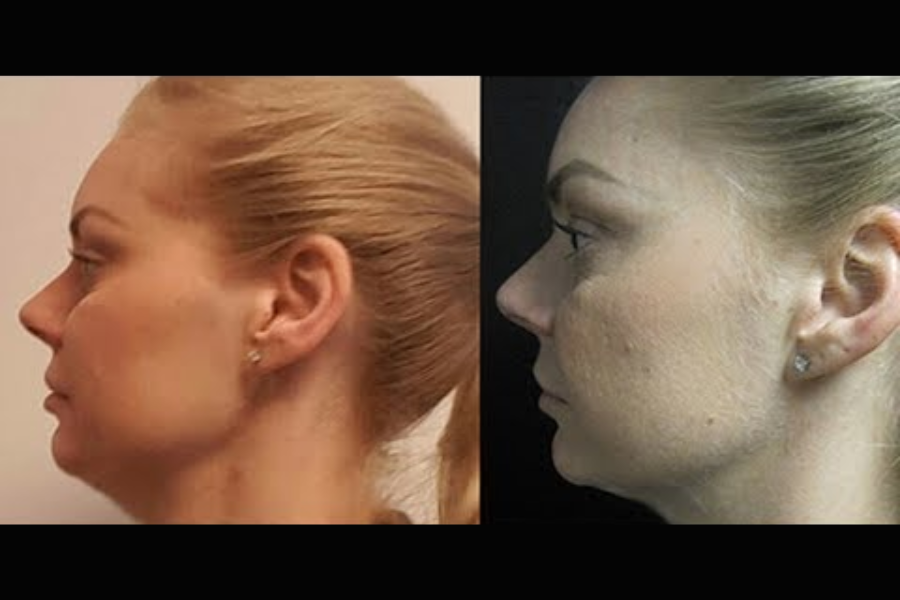1. The Foundations of Healthy Aging
Healthy aging begins with a strong foundation built on physical well-being. As we grow older, maintaining a balanced diet, engaging in regular physical activity, and getting sufficient rest become vital components of our overall health. A nutrient-rich diet, filled with fruits, vegetables, lean proteins, and whole grains, provides the essential vitamins and minerals that support bodily functions. Incorporating regular exercise, such as walking, swimming, or strength training, helps to maintain muscle mass, flexibility, and cardiovascular health, all of which become more important with age. Sleep is equally essential, as it allows the body to repair and rejuvenate itself.
Preventative care also plays a significant role in the physical aspect of healthy aging. Regular check-ups, screenings, and vaccinations help detect potential health issues early on and ensure that we stay ahead of age-related conditions such as heart disease, diabetes, and osteoporosis. By prioritizing our physical well-being, we set the stage for a healthier, more active aging process.
2. Mental and Cognitive Health in Aging
In addition to physical health, mental and cognitive well-being are critical to healthy aging nmn supplement. Keeping the brain active and engaged helps to prevent cognitive decline, which can become more prevalent as we age. Activities such as reading, solving puzzles, learning new skills, and socializing with others stimulate the brain and contribute to mental sharpness. It is important to challenge the brain regularly to promote neuroplasticity, the brain’s ability to adapt and form new connections.
Mindfulness and stress management are also key components of mental health as we age. Chronic stress can have negative effects on both mental and physical health, leading to issues such as high blood pressure, depression, and anxiety. Practices like meditation, yoga, and deep-breathing exercises can help alleviate stress and promote a sense of calm. Additionally, fostering meaningful relationships and maintaining a strong social network can provide emotional support, which is essential for mental well-being as we navigate the later stages of life.
3. Social Connections and Emotional Well-being
As we age, maintaining strong social connections is critical to our emotional well-being. Isolation and loneliness are common challenges faced by older adults, and they can have serious consequences for both mental and physical health. Studies have shown that loneliness is linked to increased risks of depression, anxiety, and even mortality. To combat this, it is important to remain socially active, whether through family, friends, or community groups.
Engaging in social activities, joining clubs, or volunteering can help older adults stay connected to others and provide a sense of purpose. Social connections also offer emotional support during challenging times, such as coping with the loss of a loved one or adjusting to retirement. Maintaining emotional resilience, a key aspect of emotional health, helps older adults adapt to the changes that come with aging. Developing a positive outlook on life and practicing gratitude can improve overall happiness and reduce the impact of stress.
4. The Role of Preventative Healthcare in Aging
Preventative healthcare plays an increasingly important role in promoting healthy aging. With the advancement of medical technology and knowledge, older adults can now take proactive steps to prevent or manage chronic conditions that commonly arise with age. Regular health screenings, such as mammograms, colonoscopies, blood pressure checks, and cholesterol tests, allow for early detection and treatment of potential health issues before they become more severe. Preventative healthcare also includes vaccinations, which are critical for protecting older adults from diseases such as influenza, shingles, and pneumonia.
In addition to routine check-ups, adopting a healthy lifestyle can prevent or delay the onset of many age-related diseases. For instance, avoiding smoking, limiting alcohol consumption, and maintaining a healthy weight are all factors that contribute to long-term health. Proper management of chronic conditions, such as diabetes or hypertension, can prevent complications and improve quality of life. By taking a proactive approach to health, older adults can significantly reduce their risk of illness and enhance their overall well-being as they age.
5. Aging with Purpose and Maintaining Independence
One of the most important aspects of healthy aging is maintaining a sense of purpose and independence. As people age, life transitions such as retirement or becoming an empty-nester can leave some individuals feeling lost or uncertain about their future. However, aging presents opportunities for personal growth, learning, and exploration. Older adults can engage in hobbies, volunteer work, or even second careers to find fulfillment and meaning in their lives.
Maintaining independence is another critical factor in healthy aging. While some older adults may experience physical limitations, there are many ways to adapt and remain self-sufficient. Modifying the home environment to ensure safety, using assistive devices, and staying physically active are all ways to maintain independence. Additionally, setting realistic goals and continuing to challenge oneself physically and mentally can help older adults feel empowered and in control of their lives.
Conclusion
Healthy aging encompasses a holistic approach to maintaining physical, mental, emotional, and social well-being throughout life. By prioritizing a balanced diet, regular exercise, cognitive engagement, social connections, and preventative healthcare, older adults can enjoy a vibrant and fulfilling life. Aging with purpose and maintaining independence are equally important for fostering a sense of fulfillment and autonomy. While aging is inevitable, embracing healthy practices can greatly enhance the quality of life and ensure that the golden years are lived to their fullest potential.
Keep an eye for more news & updates on Essential Tribune!








